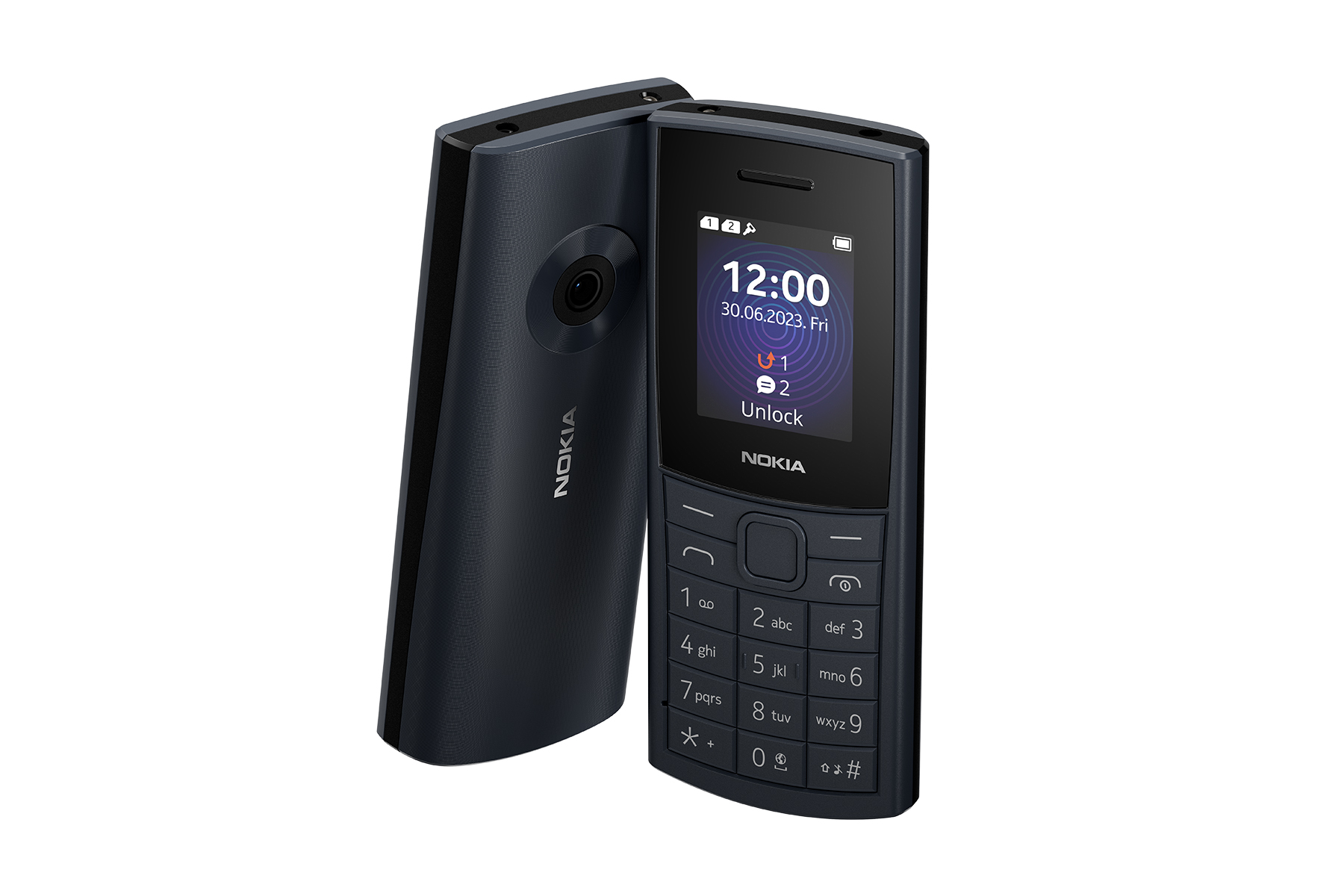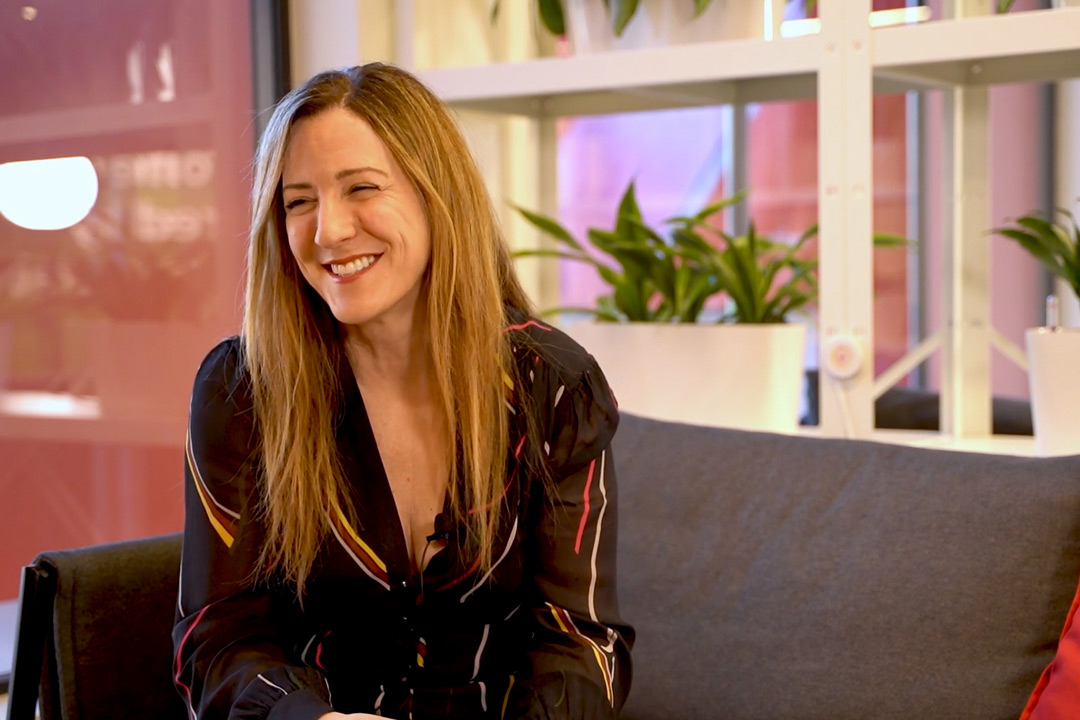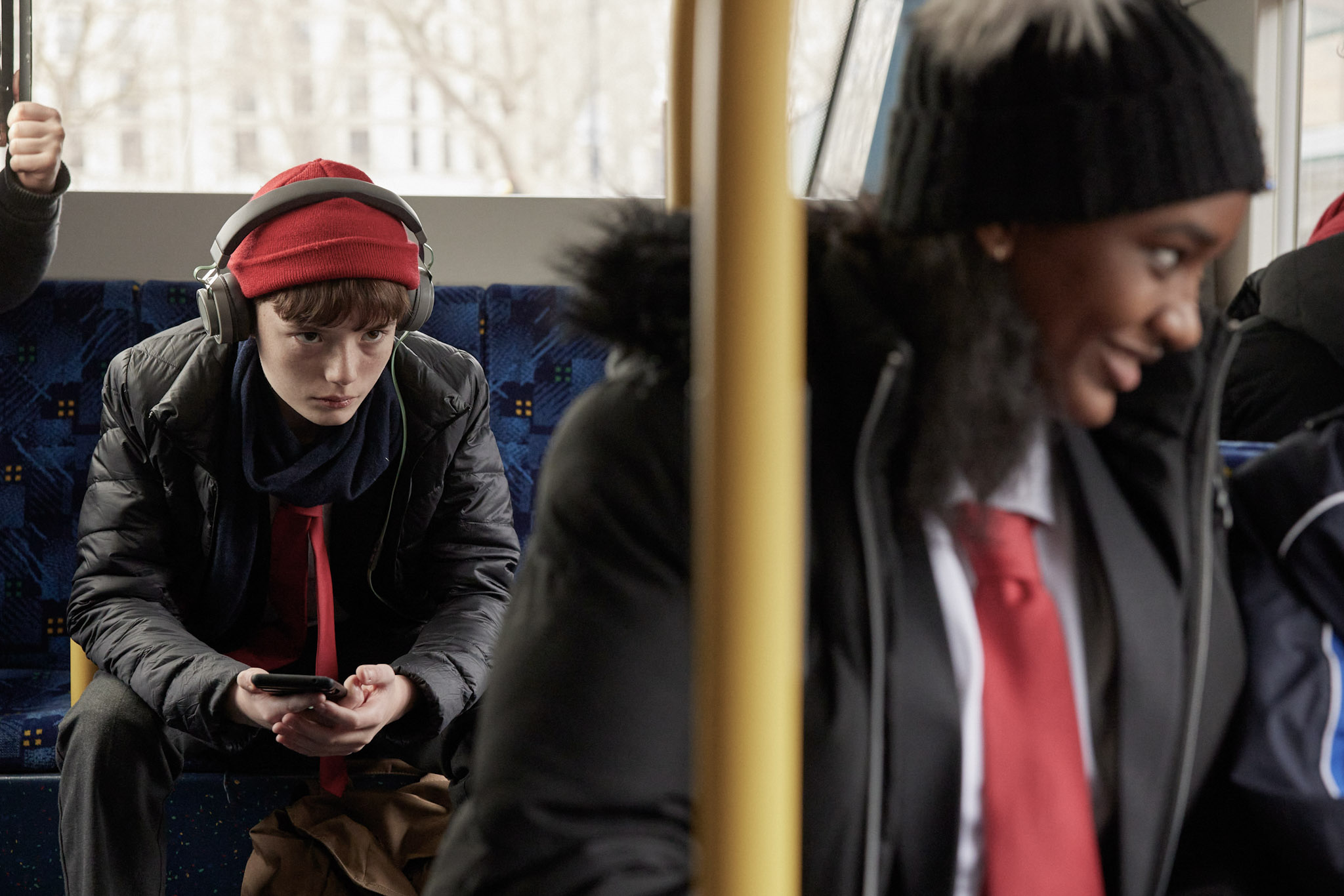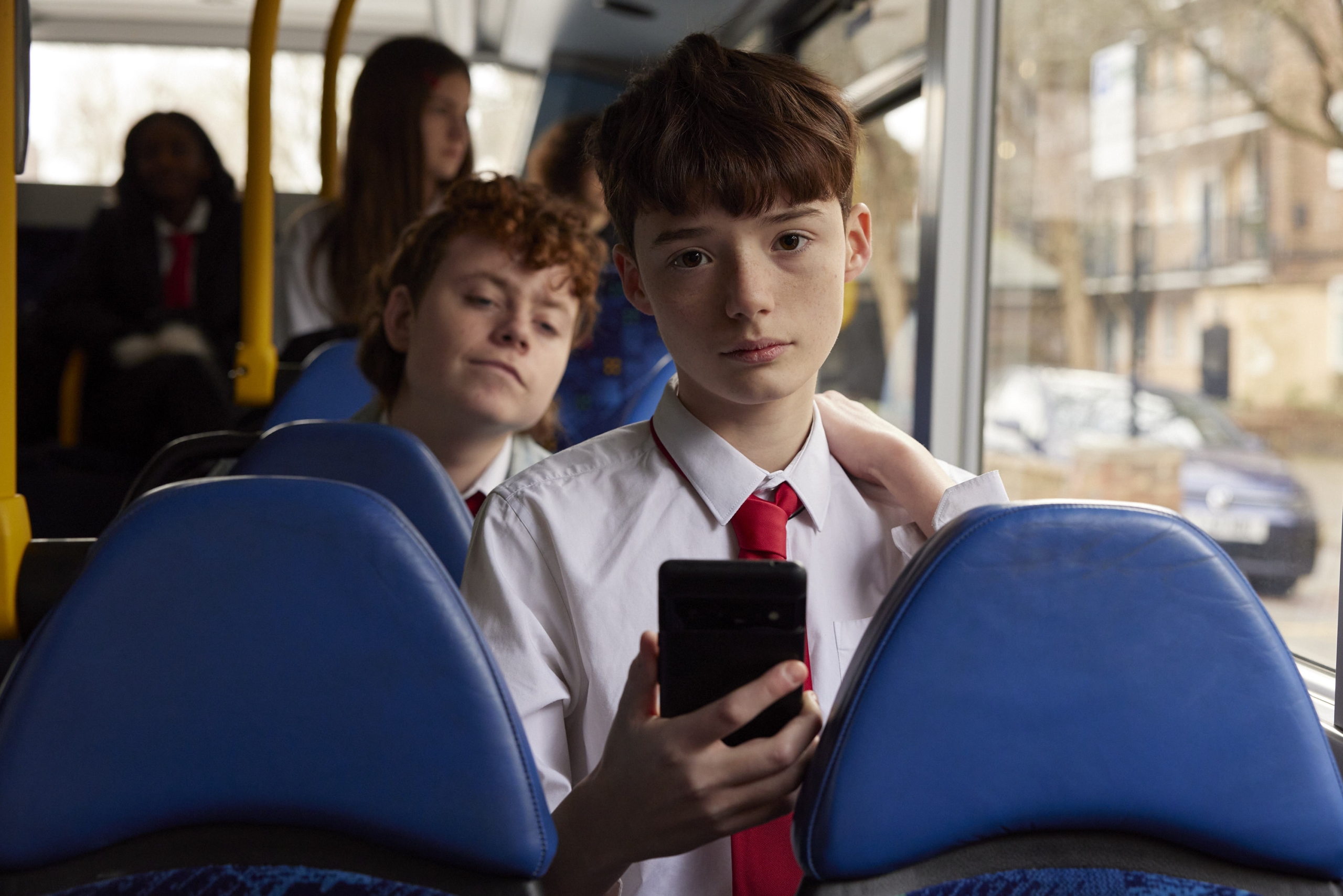The kids are finally back to school, but if you need to help them foster a good study regimen, then here are the best tech tools to enable your child to shine this school year, whether they are in primary or secondary school.
Once upon a time, September meant stocking up on rulers, pencils, text books and diaries. Now, there’s an app for that. Here are the digital tools the experts (that’s parents, teachers and children) recommend for helping pupils get the most out of their school year.
Primary school
Quizlet: “Developing a wide vocabulary is probably the most useful piece of advice I would give to any parent on how to help their child at home,” says Jacqueline Doherty, Primary Specialist with leading tutoring company Owl Tutors. “The best way is to have regular conversations with your child and encourage them to read widely, but children can also benefit from independent study online. This is one of my favourite websites, as it allows children to create their own flashcards, play games and test themselves on words.”
Paid and free versions available
freerice.com: If your kids need some motivation to learn, this unusual website might cajole them into learning. Freerice.com offers “free, fun and educational games from the United Nations,” says Doherty. “For every word guessed correctly, private sponsors donate the equivalent of ten grains of rice to support their World Food Programme.”
Fables World: “We’ve tried countless books, websites and apps to help the kids with their maths and this has been by far the most successful – it’s genuinely funny and playful,” says Polly, a mum of one. “Numbers are transformed into animated cartoon characters. As you practise your times tables, fractions, sums and telling the time, you earn the ability to personalise them with accessories. And you can win soft toys and even cash if you stick to regular practice.”
Subscriptions start at £15 a month
Sir Linkalot: “I used to find spelling really hard, but it’s helped me loads,” says Evie, nine, from London. “Funny videos break spellings into smaller sections and funny cartoons that are easy to remember.”
Subscription costs £49.99 a year
Charm Words: “This short, daily affirmations podcast is a great way for small children to start the day,” says Elizabeth, mum of two. “Mini breathing exercises help them start to learn mindfulness and self-care, and the affirmations give them positive tools to tackle some of the common struggles of primary school life.”
Free, wherever you get your podcasts
The kids are finally back to school, but if you need to help them foster a good study regimen, then here are the best tech tools to enable your child to shine this school year, whether they are in primary or secondary school.
Secondary school
DrFrostMaths: “Created by Dr Jamie Frost, DrFrostMaths stands out as a pivotal tool for Secondary and GCSE students,” says Sophie Smith, maths specialist with Owl Tutors. “A diverse range of resources, from interactive tasks to comprehensive assessments, allows students to identify their strengths and areas for improvement, empowering them to take charge of their own learning journey. Alignment with the UK curriculum ensures that the content is always relevant, aiding students in both daily classwork and rigorous exam preparation.”
ITZA: This learning website is designed just for teens, covering subjects from the science of animal intelligence to the history of superheroes. “It has a variety of interactive materials, including live quizzes and competitions to engage with, that will stretch your child’s learning beyond the syllabus,” says science teacher Jeni May.
Free
The Earth Prize: An environmental sustainability competition, run online and open to teens across the world, “it also builds important skills, such as teamwork and project management, vital for ongoing personal growth, whilst simultaneously supporting their education,” says Jeni May. “Teenagers are increasingly aware of the environment and energy crises and the importance of sustainability and biodiversity, and this can impact negatively on wellbeing. Studies show the best way to counter climate concern is to empower young people to act.”
Free
Metronome: “I play guitar, piano and trombone, and I find this free app really helpful for keeping the tempo when I’m practising between lessons,” says Francis, aged 12.
Forest: “I use it when I really need to focus on homework,” says Beatrice, age 14. “When you open the app, a cartoon tree starts growing. But if you close it to check social media, answer a call or message a friend, it dies. Basically it’s a really good way of getting rid of distractions when you want to be productive.”
£3.99
Headspace: “We’ve tried a few apps to help the kids unwind and get to sleep after the school day,” says Hannah, a mother of three. “Headspace is the one we come back to over and over again. There are specific meditations for kids but they’re really for young, primary school aged children. The adult meditations, especially the guided ones for sleep, work when our teen is over-stressed and wired.”
Subscriptions from £4.17 a month
Google Calendar: “Having a shared family calendar is really helpful during term time, now that our kids are a little older and have their own commitments and plans,” says Harriet, a mum of two. “Our shared Google Calendar is on all our phones, so we all know where everyone’s supposed to be and I hassle the kids less about their plans. But they can put important school assessments into it, too, so that we can help with revision plans. Each person can have their own colour.”
Free
Get organised with these life-hacking apps
When the summer holidays end it can be hard getting back into a routine at school and work - but these apps could help you hit the ground running.
Behavioural tips
New term, same routine
If you have younger children at home, it’s a really good idea to reset your schedule to a term-time routine. Experts recommend getting up at the same time every morning (yes, that includes the weekends!) and having a consistent bedtime. Even those university students in full Freshers’ Week mode should aim to get a couple of early nights a week…
Go screen-free before bed
Promote healthy, argument-free bedtimes by agreeing to a family-wide ‘no screens’ rule for the last hour of the day. While digital technologies are a vital part of our lives, studies suggest scheduling some downtime in the evening can really aid sleep quality.
Set some goals
Perhaps the new academic year heralds big exams for your kids, a move to a new school, or even a new sports team or hobby. Whatever lies ahead, sitting down to set some goals can help focus the mind and get students off to the best start. They don’t all have to be academic either – think about what will make the most fulfilling year for your family.
Healthy body, healthy mind
They say you are what you eat. So when it’s homework or deadline time, make sure to have plenty of healthy snacks to hand. Fresh fruit, nuts and other nutritious noms, from oily fish to leafy veg, should top term-time menus.
Get organised
New stationery, a clear desk or workspace – carving out a dedicated (distraction-free) place to study can really help boost concentration, and results.
Tech refresh
Now’s a great time to get your tech in top shape, and at Vodafone we’ve got some great deals on new tablets and laptops. Save £144 on the Samsung Galaxy Chromebook 2 360, or pick up the Samsung Galaxy Tab A7 Lite for just £16 a month, with 25GB of mobile data – the perfect option for students on the go.
Meanwhile, our refurbished range of phones are kind to your pocket, and kinder to the planet. Get super savings on Pay Monthly and Pay As You Go devices. Phones bought on a flexible EVO plan are backed by the UK’s only Lifetime Service Promise at no extra cost.
Stay up-to-date with the very latest news from Vodafone by following us on Twitter and LinkedIn and signing up for News Centre website notifications.
Gear up for Back to University and save money with Vodafone’s top tech deals
The offers run from 25 August to 14 September 2023, with top savings on Samsung laptops and Android tablets.









![mother with daughter with smartphone in snowy weather [Adobe Stock] stock photo of a mother outside in snowy weather with her daughter while using a smartphone](https://www.vodafone.co.uk/newscentre/app/uploads/2024/02/mother-with-daughter-with-smartphone-in-snowy-weather-Adobe-Stock.jpg)
